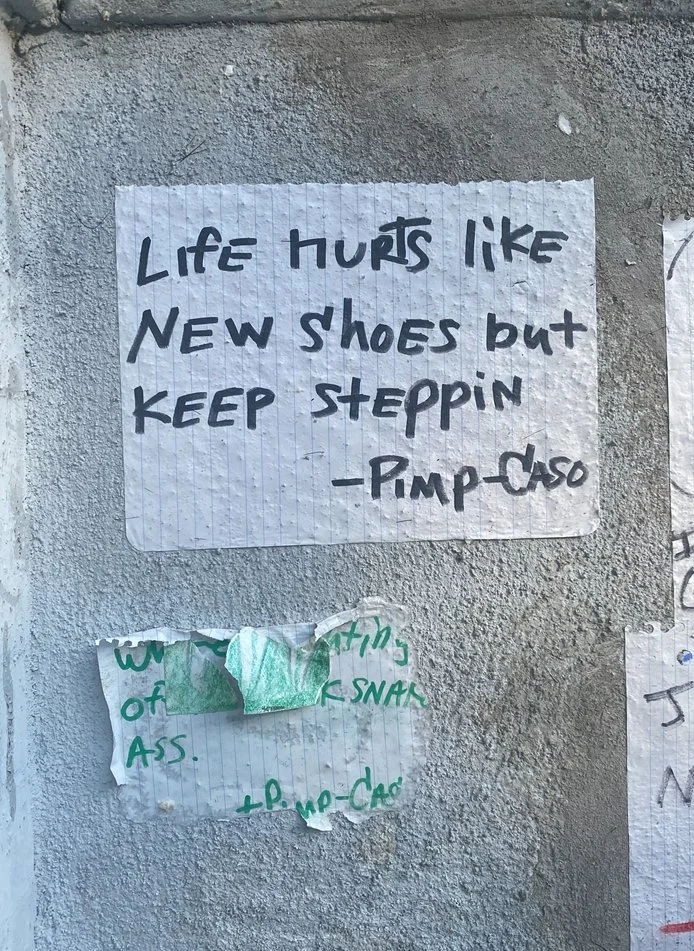What My Bones Know: A Memoir of Healing from Complex Trauma by Stephanie Foo
Stephanie Foo is a NY Times bestselling author and radio journalist who was diagnosed with C-PTSD in 2018. Complex PTSD is a term used to describe PTSD from ongoing trauma, rather than a singular catalyzing event. Stephanie grew up with an abusive mother and a negligent father. Her story shares some of the horrors that she endured as a child, so I would caution survivors of abuse to mind the trigger warnings. She also gives commentary on Asian parenting styles, which can be stereotypically harsh, and questions where the line is drawn before behaviors are labeled abusive.
After her diagnosis she takes a year long sabbatical to figure out how to heal from this diagnosis, and she brings us along for the entire ride. She tried Eye Movement Desensitization and Reprocessing, or EMDR, therapy when talk therapy did not appear to be the solution. She extensively researches her condition, or as extensively as she can, given that it is not an official DSM-5 diagnosis.
I found this memoir extremely informative and learned a lot about how the brain and the body processes trauma. The knowledge imparted was easily understood because Stephanie uses layman terms and is a metaphorical genius. My biggest take-away from the book is that our brains intake thousands of signals from the environment around us when we experience something traumatic. Someone whose trauma is repetitive and chronic is imprinting millions of different stimuli that the brain is connecting to the traumatic moment. The result is being constantly triggered and developing a nervous system that perceives danger everywhere.
The book is easy to read and feels like a friend sharing her story with you. (I listened to the audiobook version which may have amplified this feeling.)
Eventually Stephanie finds a doctor, Dr. Jacob Ham, an extremely sought-after specialist who primarily uses Cognitive Behavioral Therapy to help people heal from interpersonal trauma. She imparts a good bit of the wisdom that she learned during her sessions.
Lastly, the book ends on a realistic but hopeful note. There is no perfectly healed state, and Foo shares that while she has overcome and unlearned many of the unhealthy survival mechanisms that kept her alive during a tumultuous upbringing, she will always carry remnants and reminders of her past with her, which is not necessarily a bad thing. It just is.


